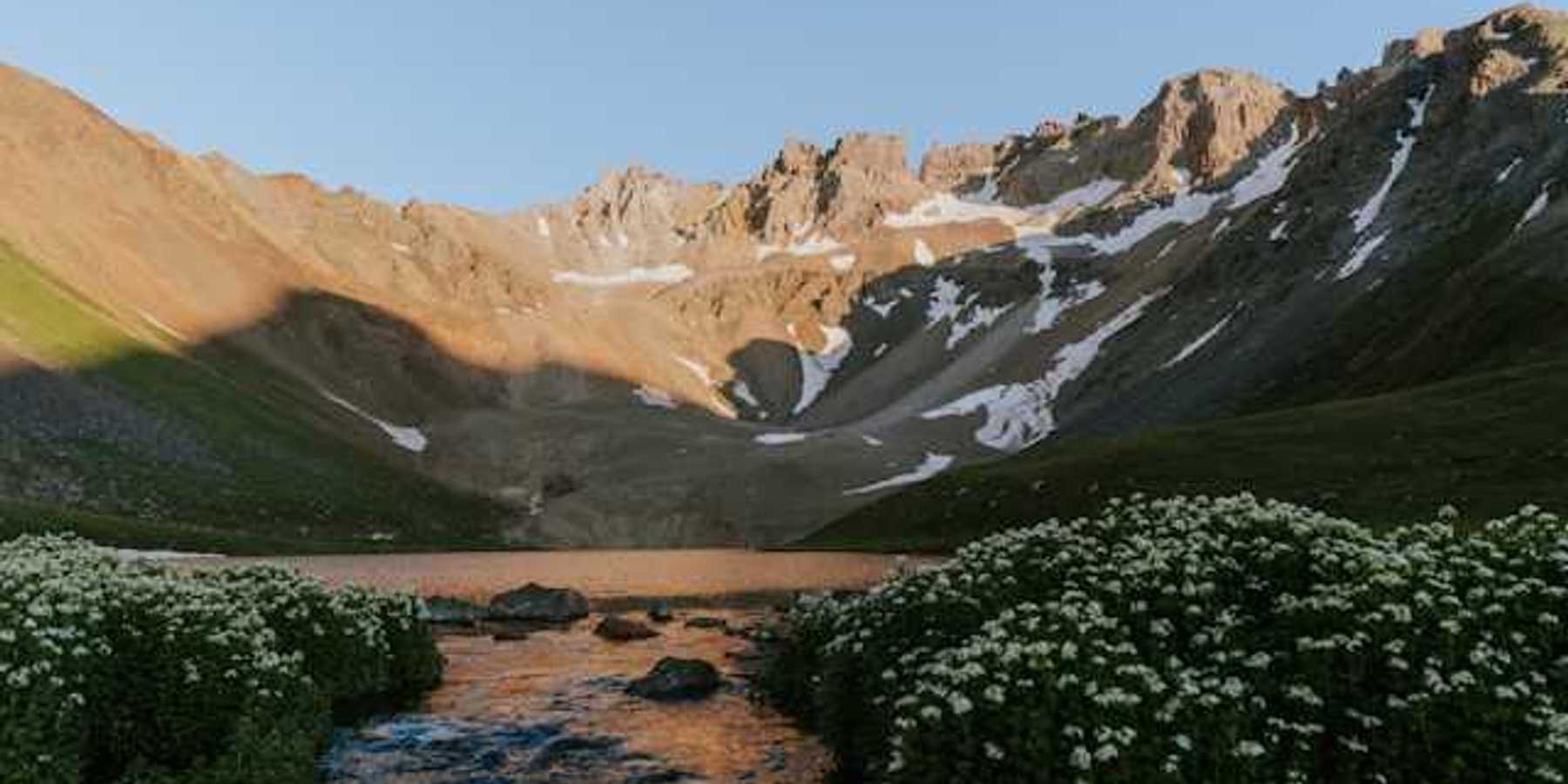Funding freeze stalls climate projects for tribes and nonprofits
Tribal and community organizations awarded federal climate grants remain unable to access funds due to the Trump administration’s freeze, despite court orders requiring their release.
Naveena Sadasivam reports for Grist.
In short:
- The Flandreau Santee Sioux Tribe and other groups lost access to millions in federal climate grants after a White House directive froze funding on Jan. 27.
- Despite a court ruling ordering the government to restore funds, many organizations still lack access, forcing them to pause projects, delay hiring or seek emergency loans.
- The U.S. Environmental Protection Agency claims it is unfreezing some funds, but a separate review of grant programs may continue to stall climate and environmental justice projects.
Key quote:
“There are all kinds of ways that folks are trying to mitigate harm, but they’re not going to be able to avoid harm.”
— Hana Vizcarra, senior attorney, Earthjustice
Why this matters:
The freezing of these grants represents more than just a bureaucratic snag — it’s a direct hit to communities counting on them to safeguard against climate-related disasters. Local governments and organizations rely on this funding to expand renewable energy projects, bolster flood defenses and prepare for extreme weather events that are becoming more frequent and severe. Without it, infrastructure projects stall, workers lose jobs and vulnerable populations face heightened risks. While legal disputes play out, the uncertainty leaves communities in limbo, potentially setting back progress on climate adaptation for years to come.
Related: Environmental group left in limbo after federal grant suddenly vanishes













